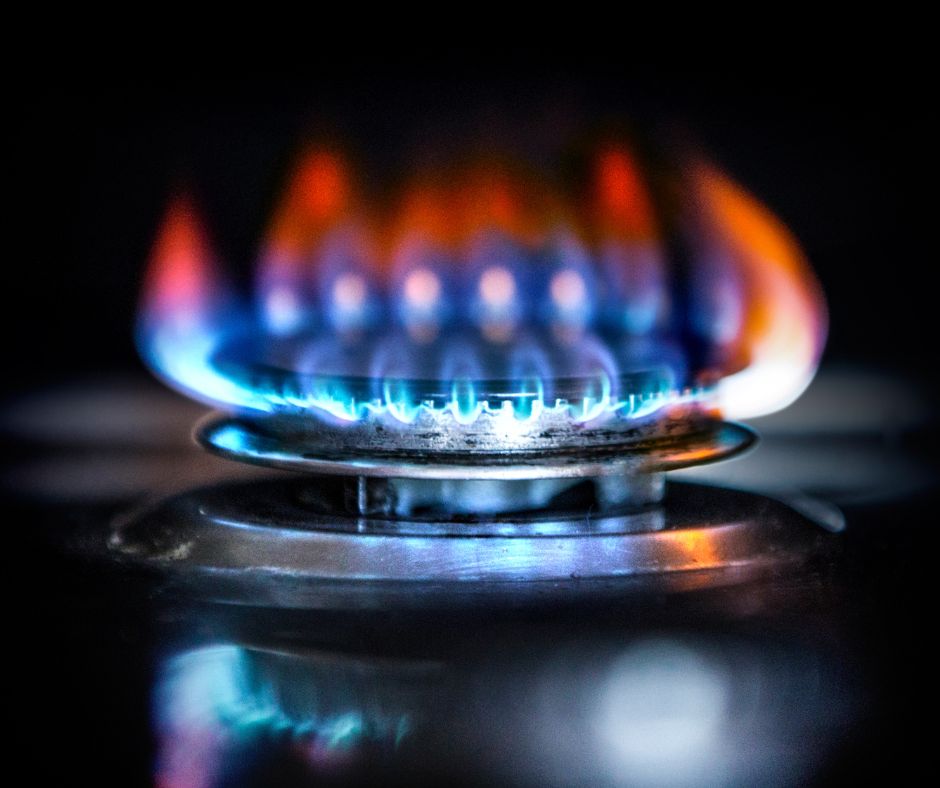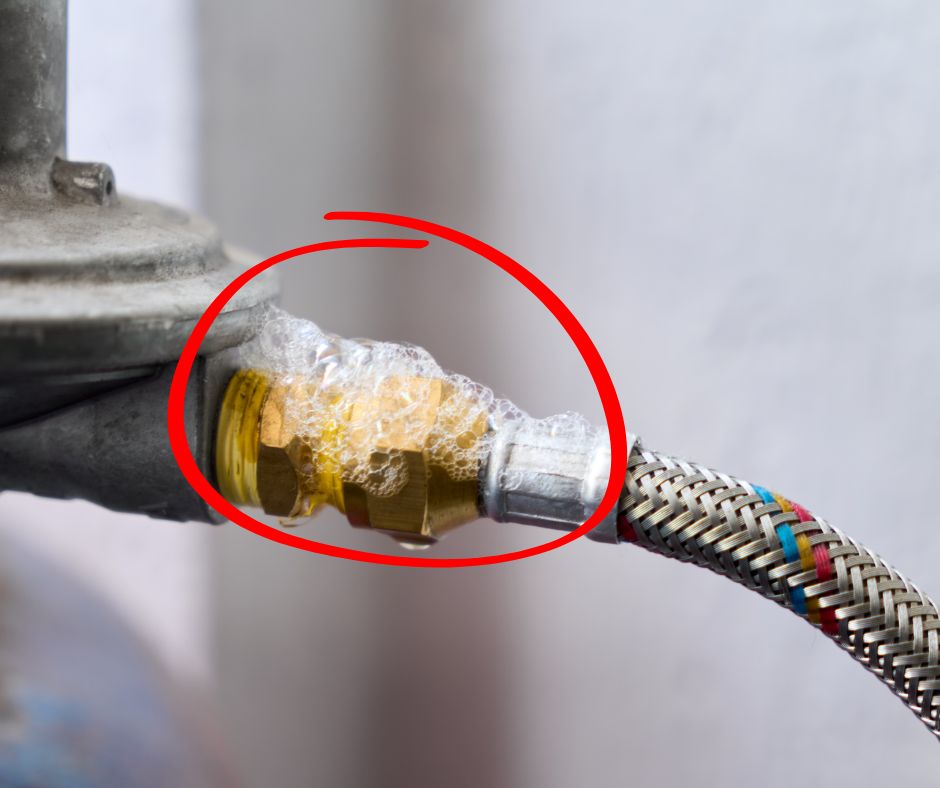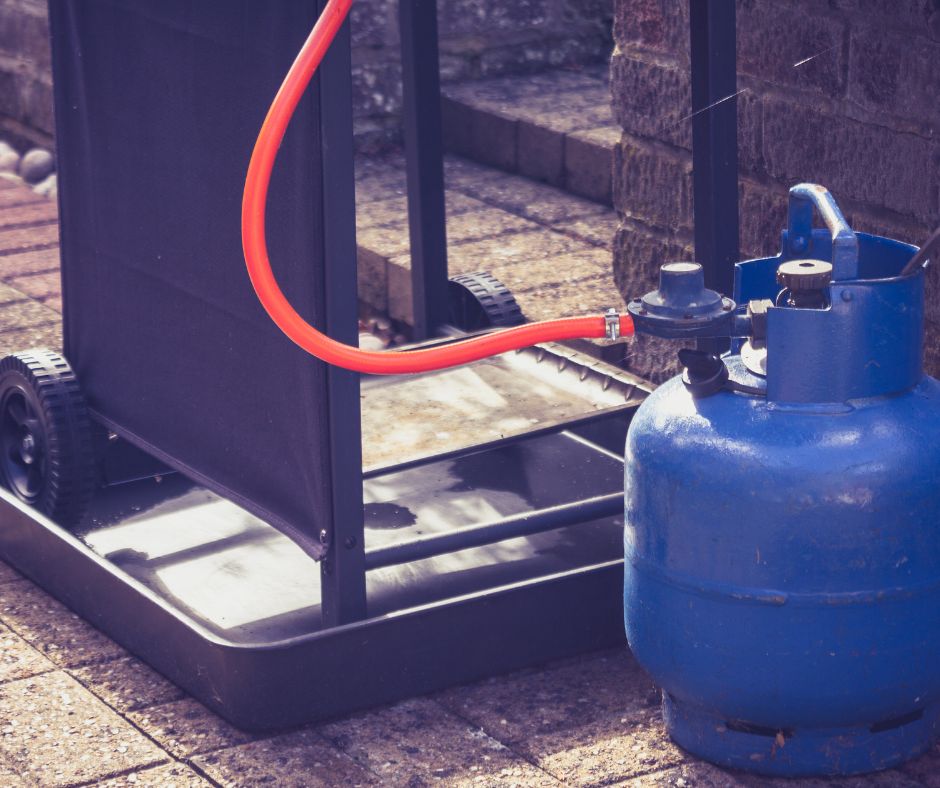Identifying the Crucial Signs of a Gas Leak in Your Home to Protect Your Family's Safety
It is essential to identify the prevalent signs of a gas leak to safeguard your wellbeing and that of others nearby. A strong odour reminiscent of rotten eggs, the presence of hissing or whistling sounds near your gas appliances or pipes, and yellow or orange flames instead of the usual blue are alarming indicators of a potential gas leak. Additionally, frequent headaches, dizziness, or the sight of wilting plants close to outdoor gas lines are compelling signs that warrant immediate attention. If these troubling symptoms arise in your Wollongong residence, it is imperative to turn off the gas supply at the meter, ventilate your home by opening windows, and contact a licensed gasfitter to obtain professional help without hesitation.

Determining When to Contact a Gasfitter for Urgent Assistance During Emergencies
Encountering a gas leak is a grave situation that requires prompt action; procrastination can lead to dire consequences. A single spark has the potential to transform a routine household environment into a perilous situation. Gas leaks may originate from various sources, such as defective connections, ageing appliances, or even corrosion in underground gas lines. Rapid identification and swift intervention are crucial to prevent injuries, property destruction, or potentially life-threatening scenarios. Homes in Wollongong, particularly older ones with gas heaters or inadequate ventilation, are at heightened risk if their gas systems are not routinely maintained. This extensive guide is designed to equip you with the essential knowledge needed to spot a gas leak, the immediate actions to undertake, and the appropriate times to engage a licensed gasfitter for urgent repairs.
Spotting the Key Warning Signs of a Gas Leak in Your Residence
1. Detecting the Characteristic Smell of Rotten Eggs
While natural gas is odourless in its pure state, suppliers intentionally add a compound called mercaptan, which produces a potent, sulphur-like aroma, to aid in detecting leaks. If you suddenly notice an intense odour resembling rotten eggs, it is crucial to treat this warning with utmost seriousness. This distinctive scent serves as an immediate alert that gas may be escaping within your home, necessitating urgent action to ensure the safety of all occupants.
2. Listening for Hissing or Whistling Noises Near Gas Appliances
A common indication of a gas leak is the sound of gas escaping under pressure from a pipe or hose, which often results in a soft yet discernible hissing noise. If you hear these sounds in proximity to your gas appliances or gas lines, it may signal a leak. Always remain vigilant and investigate any unusual noises, as they can represent a significant safety issue that requires immediate professional assessment.
3. Observing Unusual Flame Colours in Your Appliances
Gas cooktops and heaters are designed to burn with a clean, bright blue flame. If you notice that the flames appear yellow or orange, or if they flicker erratically, this could indicate incomplete combustion, potentially caused by gas leaks or blockages within the system. Observing discoloured flames is a critical warning sign that something is amiss with your gas appliances, and it requires immediate investigation to prevent further complications from arising.
4. Noticing Unexplained Physical Symptoms Among Household Members
If you or others in your household frequently experience headaches, dizziness, nausea, or fatigue while indoors, these physical symptoms could point to gas exposure or a buildup of carbon monoxide in an enclosed space. Such reactions are serious and must not be overlooked. It is vital to recognise these symptoms and take the necessary precautions, as they may indicate a hazardous situation that requires urgent intervention from a licensed gasfitter.
5. Observing Wilting Houseplants or Dying Outdoor Vegetation
Gas leaks occurring near outdoor gas lines or beneath slab connections can lead to the gradual decline of nearby plants and vegetation. This occurs as the escaped gas displaces oxygen in the soil, making it challenging for plants to thrive. Should you notice wilting or dying houseplants or outdoor plants in proximity to these areas, it may signify a gas leak that requires immediate evaluation by a qualified professional.

Essential Actions to Take If You Suspect a Gas Leak
1. Immediately Shut Off the Gas Supply
Locate your gas meter and rotate the valve clockwise to halt the gas supply to your residence. This valve is typically situated on an exterior wall, either at the front or side of the property. Acting swiftly at this juncture is paramount for ensuring safety and reducing risks.
2. Refrain from Using Any Electrical Devices
Avoid turning on lights, appliances, or any electrical outlets. Even the tiniest spark from an electronic device can ignite leaked gas, leading to potentially disastrous outcomes. Maintain a safe distance from any electrical sources until the situation has been thoroughly assessed and deemed safe.
3. Open All Windows and Doors for Adequate Ventilation
Facilitating proper airflow is vital for mitigating dangers associated with gas accumulation. Open all windows and doors to allow fresh air to circulate; cross-breezes are particularly effective in dispersing accumulated gas. This step is critical for lowering the concentration of gas in the air and ensuring a safer environment.
4. Avoid Attempting Repairs on Your Own
Only licensed gasfitters are legally permitted to repair or reconnect gas systems in NSW. Any attempt to interfere with the system can introduce additional hazards and may void your insurance coverage. It is essential to leave repairs to qualified professionals who possess the requisite knowledge and training to handle such dangerous situations safely.
5. Contact a Licensed Gasfitter Without Delay
If you suspect a gas leak, promptly reach out to a licensed gasfitter for emergency response services in Wollongong and neighbouring suburbs. Consider contacting CS Plumbing’s licensed gas services or our 24/7 emergency plumbing team for immediate and professional assistance in addressing the situation efficiently.
Understanding Compliance with NSW Gas Safety Regulations to Ensure Your Home's Safety
In New South Wales, all gasfitting work must adhere to the Gas and Electricity (Consumer Safety) Act 2017, which ensures that the utmost safety standards are upheld. All gas-related work must be performed by a licensed gasfitter to comply with these critical regulations and ensure safety in your home.
After any regulated work has been completed, it is advisable to request a Certificate of Compliance to confirm that all safety standards have been satisfied. As a homeowner in Wollongong, you are legally responsible for ensuring that your gas appliances and installations are maintained and repaired solely by licensed professionals, safeguarding your home and family.
Proactive Measures to Prevent Future Gas Leaks in Your Home
- Schedule annual gas safety inspections, especially before the winter heating season to ensure everything is functioning correctly.
- Replace old flexible gas hoses and bayonet fittings that appear cracked or brittle to prevent leaks and maintain system integrity.
- Ensure vents and exhausts are clear of obstructions to guarantee proper airflow and efficient operation of your gas appliances.
- Conduct regular inspections for corrosion on outdoor connections, particularly following heavy rain or exposure to coastal conditions.
- Utilise only branded, certified gas appliances to guarantee optimal safety and efficiency in your home.

The Article: Detect and Respond to a Gas Leak in Your Wollongong Home first appeared on https://writebuff.com
The Article Gas Leak Detection and Response for Your Wollongong Home Was Found On https://limitsofstrategy.com

